August 29, 2025
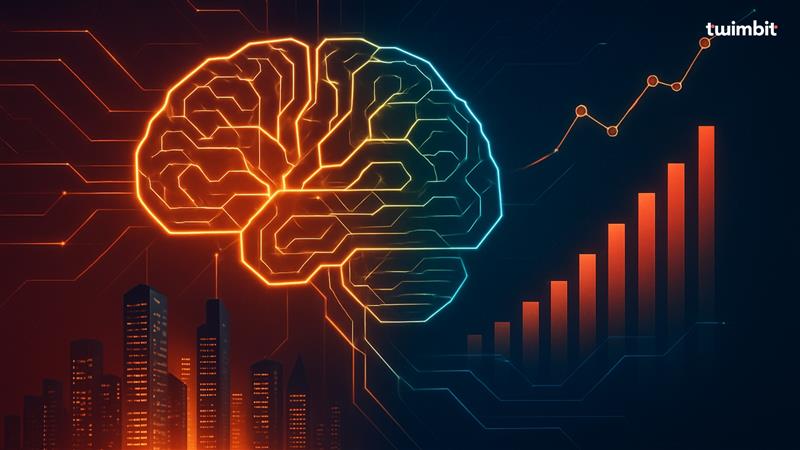
At the CFO Forum 2025 in Kuala Lumpur, I spoke about how artificial intelligence (AI) and digital disruption are reshaping industries. The pace of change is relentless. Markets that once seemed stable are being overturned overnight. For leaders, the challenge is no longer predicting whether disruption will come, but preparing our businesses to thrive when it does.
History gives us vivid reminders. A $40 late fee at Blockbuster pushed Reed Hastings to create Netflix, which today is a $39 billion company while Blockbuster is history. Telcos once earned billions from SMS until WhatsApp rewrote the rules of communication. Airbnb built in four years what Marriott took 88 years to achieve.
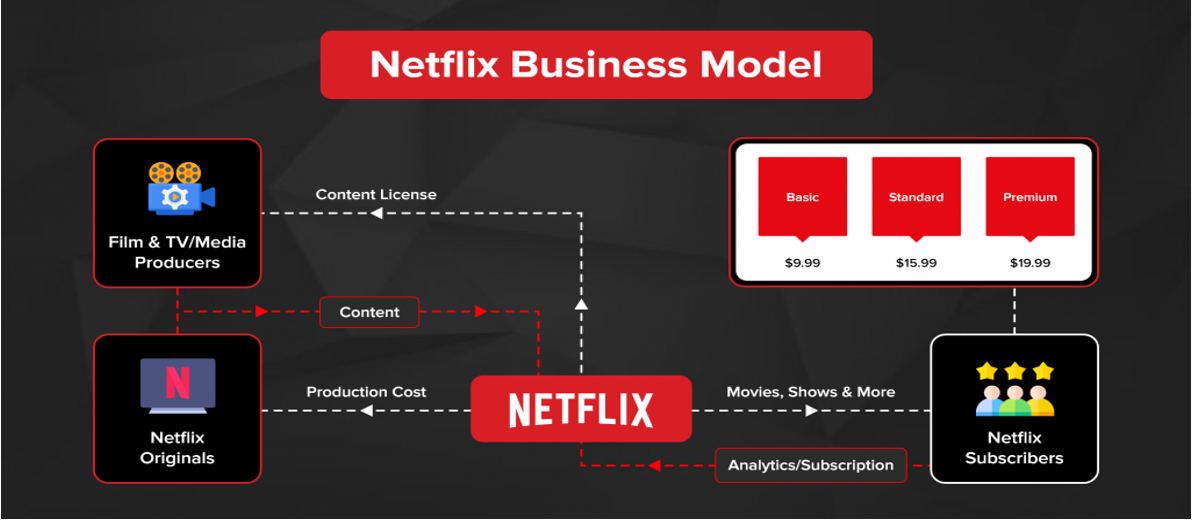
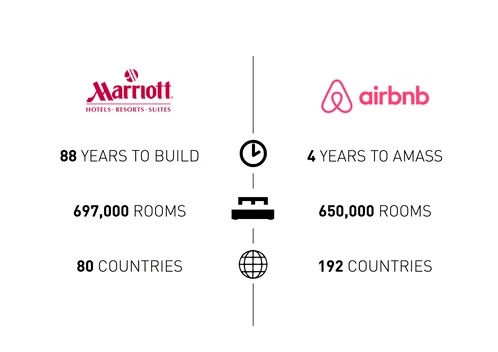
These stories teach us a clear truth: it is not technology alone that drives change, but business model innovation.
Burger King’s “Traffic Jam Whopper.”
One of the most fascinating examples comes from Burger King’s “Traffic Jam Whopper.” By leveraging real-time traffic data and Google Maps APIs, Burger King found a way to turn one of the most frustrating urban experiences, being stuck in traffic, into an opportunity. Digital billboards displayed live updates of waiting times. Push notifications and Waze ads invited drivers in high-congestion zones to place orders hands-free. For the first time, burgers were delivered directly to people in cars, with delivery zones shifting dynamically based on live traffic. It was an extraordinary marriage of data, creativity, and execution that redefined how fast food could meet customers where they are.
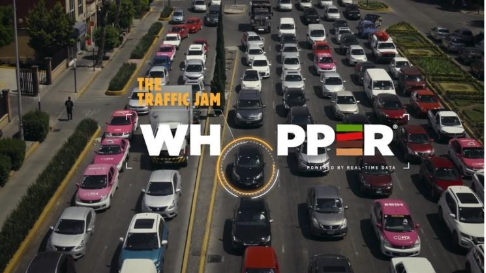
Connected COWs
Another case close to my heart is Connected Cows in Japan. For centuries, farmers struggled to accurately detect when cows entered heat, a challenge that limited dairy productivity. Fujitsu, together with researchers, placed sensors on cattle that tracked their movement and sent data to the cloud. The result was estrus detection with 95 percent accuracy. Farmers could now time artificial insemination precisely, leading to higher conception rates, healthier herds, and even control over whether more males or females were born. A centuries-old problem, once solved by observation and instinct, was transformed through IoT and AI. It is a powerful reminder that no industry, however traditional, is beyond the reach of digital transformation.
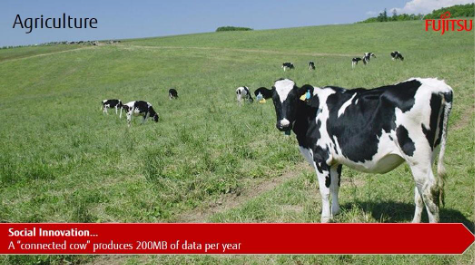
The Penang Bridge
A third example is closer to home. The Penang Bridge faced high costs in maintaining its underwater pillars, as barnacles accelerated corrosion and reduced their lifespan by nearly a decade. Traditionally, divers were sent underwater to clean them, a costly and difficult method to verify. By deploying robots to analyse and clean the pillars with precision, maintenance has become safer, more effective, and far more economical. Crucially, this technology not only extends the bridge’s life by an additional ten years of toll revenue but also defers the enormous capital outlay required for a replacement bridge.

In this age of transformation, the role of the CFO has changed. Routine tasks such as forecasting, compliance, and collections are increasingly automated. Our responsibility now is to think strategically, to act as innovation catalysts, risk navigators, and designers of new business models. In today’s world, every company must see itself as a technology and data company.
AI and digital disruption will continue to reshape industries, but history reminds us that technology does not simply replace jobs, it creates new ones and expands the pie. Success will come not from chasing every new tool, but from asking the right question: “So what?”
How does this innovation create lasting business value? Does it grow revenue, improve efficiency, and position us for sustainable advantage?
The future belongs to those who not only embrace technology but also reimagine their business models with it.
👉 You can read more in the full article here: https://www.thestar.com.my/business/business-news/2025/08/21/pace-of-digital-disruption-accelerating-ai-reshaping-industries